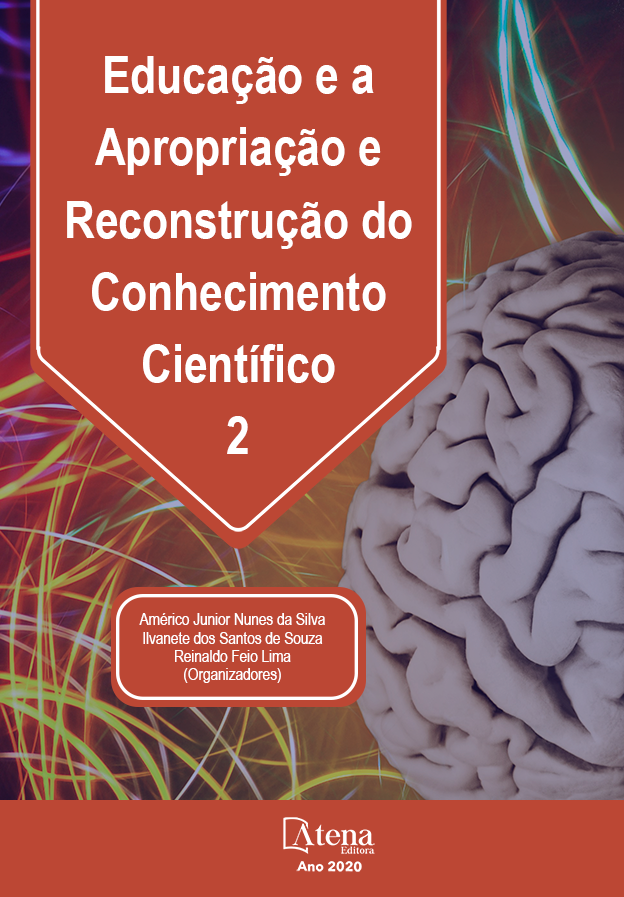
IMPACTOS E DESAFIOS DA INDÚSTRIA 4.0 NO ÂMBITO EDUCACIONAL: NOVAS POSSIBILIDADES E METODOLOGIAS NO CONTEXTO ESCOLA
Este artigo trata-se de uma nova proposta curricular na educação, por meio da Indústria 4.0 ou Quarta Revolução Industrial que possibilita aplicar inovações tecnológicas no âmbito educacional, a partir da utilização de ferramentas como Sistemas Ciberfísicos (Cyber Physical System – CPS), Internet das Coisas (IoT), a Internet de Serviços (IoS) e a Fábrica Inteligente (Smart Factory), afim de identificar os principais desafios e possibilidades que essa nova indústria traz para a educação como um todo. Nessa perspectiva, buscou-se promover uma reflexão a respeito de metodologias inovadoras, capazes de formar professores para uma educação transformadora com o propósito de considerar os estudantes como protagonistas, reconsiderando suas práticas e desenvolvendo a autonomia do educando no decorrer da escolaridade. A metodologia adotada foi a observação participante de cunho qualitativo, que consiste na participação do pesquisador nas atividades realizadas pelo público alvo de pesquisa, ou seja, o observador torna-se parte do grupo, interagindo e partilhando suas experiências junto com os sujeitos. Por fim, a pesquisa realizou-se na Universidade da Amazônia (UNAMA), mediante o projeto “Roda de Mestres” cujo tema foi: A Problematização como Elemento Metodológico e seu Desdobramento na Sala de Aula Invertida.
IMPACTOS E DESAFIOS DA INDÚSTRIA 4.0 NO ÂMBITO EDUCACIONAL: NOVAS POSSIBILIDADES E METODOLOGIAS NO CONTEXTO ESCOLA
-
DOI: 10.22533/at.ed.0892002125
-
Palavras-chave: Aprendizagem. Educação 4.0. Metodologia Inovadoras. Tecnologia.
-
Keywords: Learning. Education 4.0. Innovative Methodology. Technology
-
Abstract:
This article is about a new curricular proposal in education, through Industry 4.0 or Fourth Industrial Revolution that makes it possible to apply technological innovations in the educational field, using tools such as Cyber Physical System (CPS), Internet of Things (IoT), Internet of Services (IoS) and Smart Factory to identify the key challenges and possibilities that this new industry brings to education as a whole. From this perspective, we sought to promote a reflection on innovative methodologies capable of training teachers for a transformative education with the purpose of considering students as protagonists, reconsidering their practices and developing the autonomy of the student during schooling. The methodology adopted was participative observation of a qualitative nature which consists of the researcher's participation in the activities performed by the research target audience that is the observer becomes part of the group, interacting and sharing their experiences with the subjects. Finally, the research was conducted at the University of Amazonia (UNAMA), through the project “Wheel of Masters” whose theme was: The Problematization as a Methodological Element and its Unfolding in the Flipped Classroom.
-
Número de páginas: 15
- Marcela Karoline da Costa Teles
- Cacilene Moura Tavares
- Maria Cândida Lima de Sousa
- Gissele Christine Tadaiesky Vasconcelos
- Tamara Almeida Damasceno


